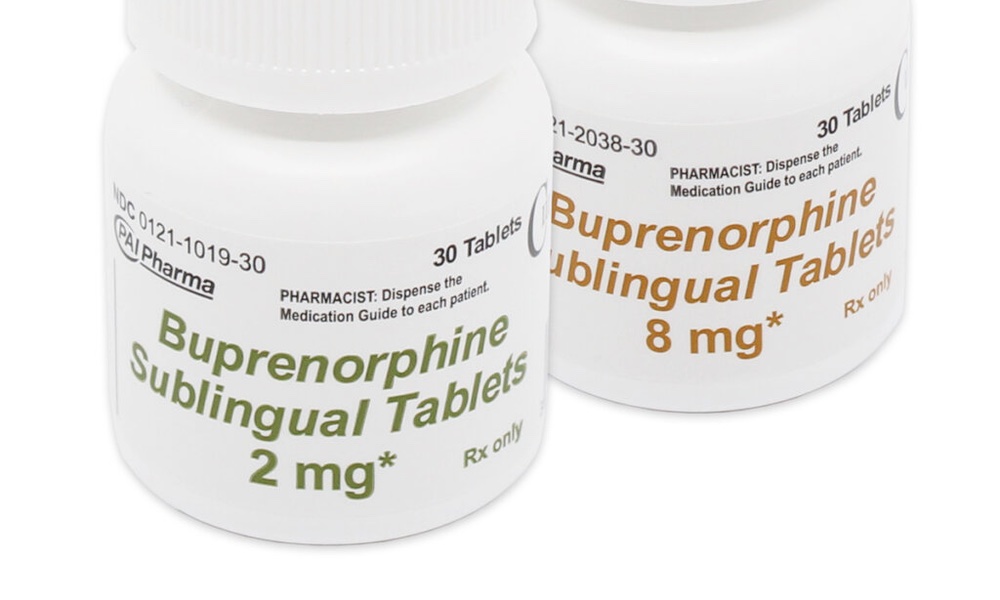People trying to end their addiction to painkillers may be overlooking a major source of help: Primary care physicians (PCPs) are now allowed to prescribe buprenorphine, the only medication approved for treating opioid use disorder in doctors' offices.
The number of physicians prescribing the drug has increased since the Federal policy changes took effect, but, unfortunately, the number of people taking advantage of this resource has not, suggesting that people don't know of this option.
That appears to be the case: more than 60 percent of respondents to a survey were unaware that PCPs could prescribe medications to treat opioid use disorder. More than 10 percent of the respondents to the Brown University-led survey incorrectly believed PCPs could not prescribe these medications.The idea that people can visit their PCP and be prescribed a medication they take regularly to treat opioid addiction is not widely known.
Most people visit a PCP at least once per year, or know someone close to them who does. People often get an informal medical education through literature in the waiting room at the doctor's office or posters on the walls.
One way to get more help to people who need it would be if primary care doctors had literature in their waiting room about their ability to treat opioid addiction, said del Pozo. Since physicians often ask about drug use or smoking in the home, they could also discuss opioid use disorder. “This would start a conversation about the opportunity to get treatment in a primary care setting, either for patients or their loved ones,” he said.
Images of methadone clinics and the rehab center dominate Americans' understanding of addiction treatment. Such stereotypes and the stigma surrounding addiction, and people's fear of and discomfort with talking about it, keep untreated addiction in the shadows. As a result, the idea that people can visit their PCP and be prescribed a medication they take regularly to treat opioid addiction is not widespread.
“No one is educating Americans about where they can go for treatment of an opioid use disorder,” said del Pozo, an assistant professor at the Warren Alpert Medical School at Brown.Stereotypes and the stigma surrounding addiction and people's discomfort with talking about it keep untreated addiction in the shadows.
Data from more than 1,200 respondents to a June 2023 survey for the Justice Community Opioid Innovation Network were analyzed for the study. More than 80 percent of respondents who said they had misused opioids in the past indicated they would feel comfortable going to their PCP for medication to treat opioid use disorder. Almost 75 percent of those who had not misused opioids said they would feel comfortable referring a loved one to a PCP for treatment.
Black respondents were the most likely to believe they could not receive treatment for opioid use disorder from a PCP. This finding is, unfortunately, more evidence that Black Americans have less consistent access to quality healthcare in general, del Pozo said. “It follows that they would also have less knowledge about the opportunities for addiction treatment that healthcare can offer them.”
The researchers hope this study encourages primary care physicians to educate the public about their ability to treat opioid addiction. Going forward, del Pozo and his team plan to take a closer look at the data to get a more detailed understanding of what Americans know about opioid addiction and overdose.
The study is published in JAMA Network Open.





